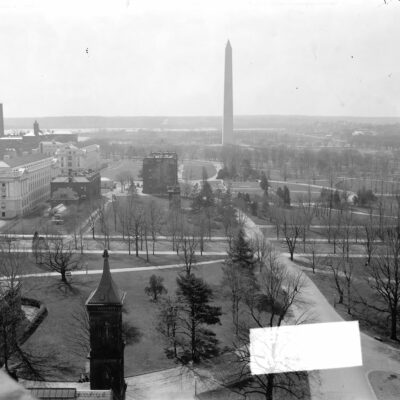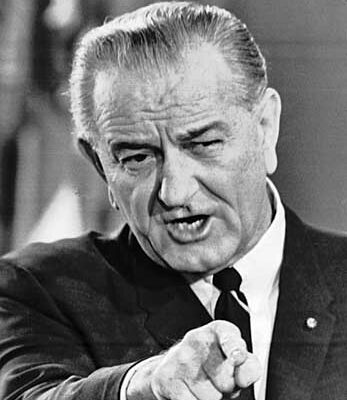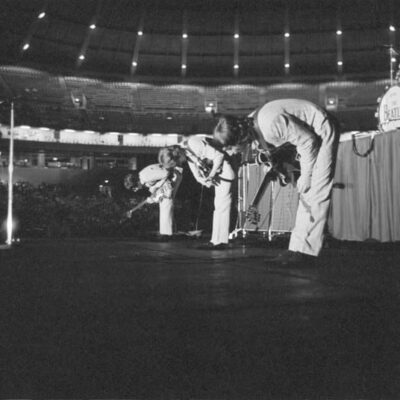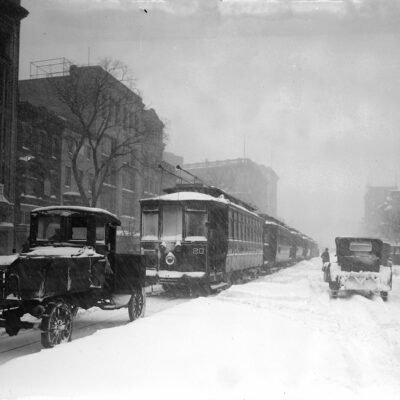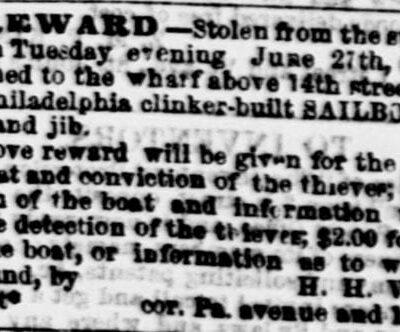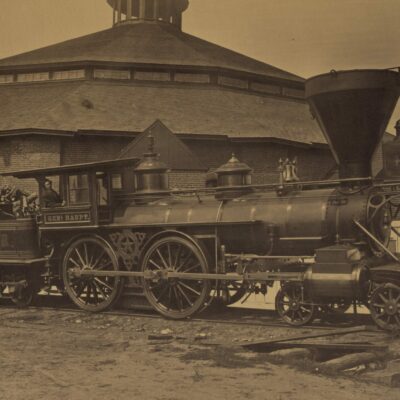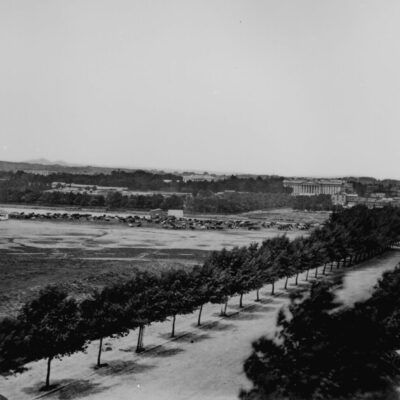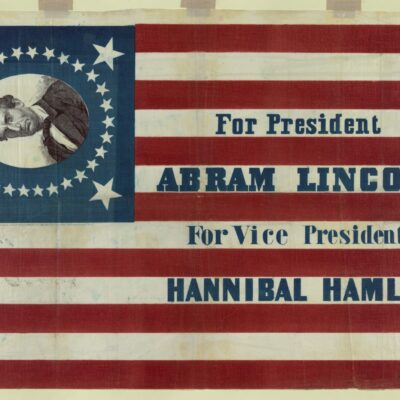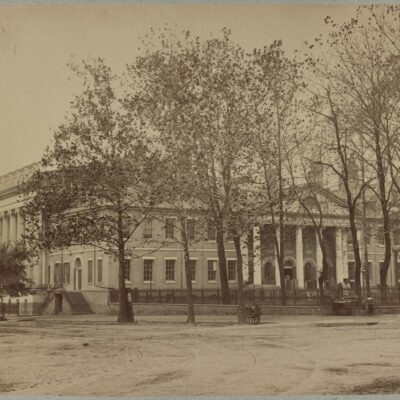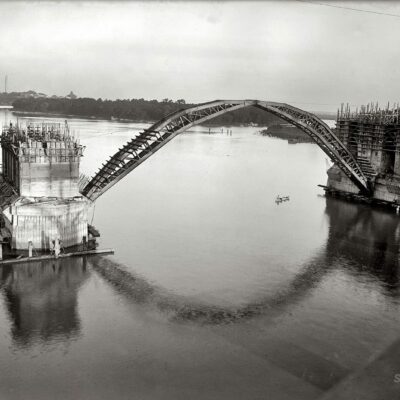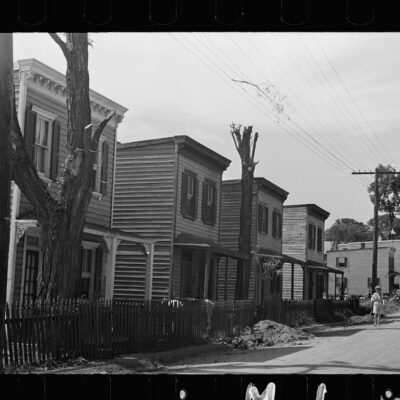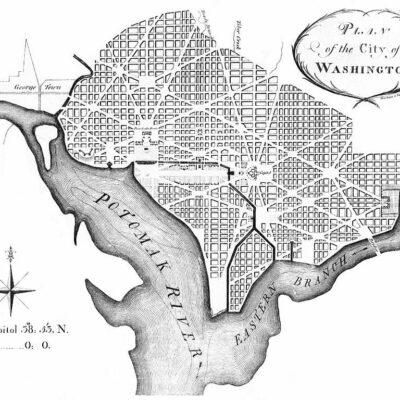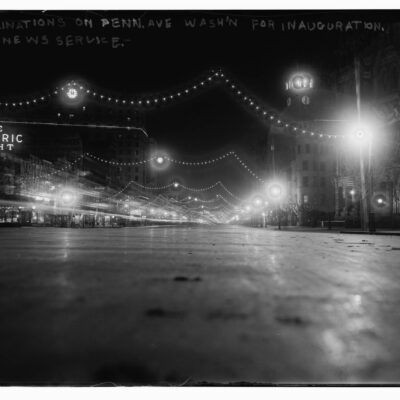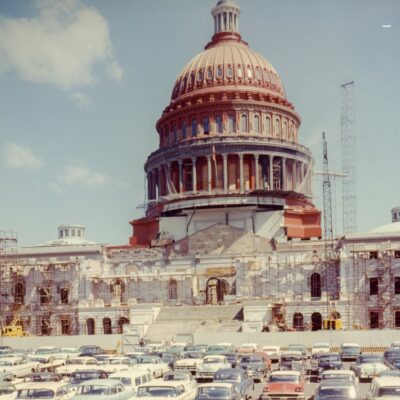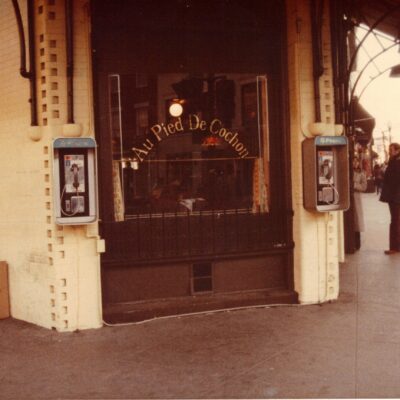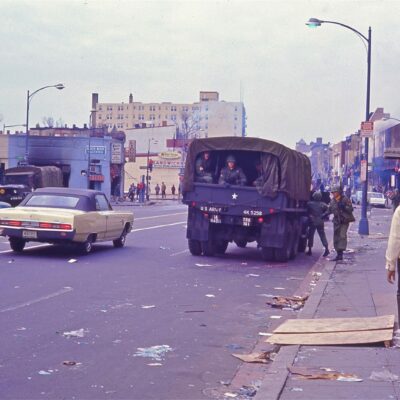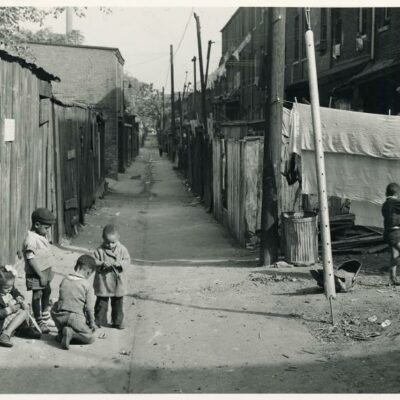Introduction: A Window to the Past
Welcome to a journey back in time, guided by a book that sheds light on two pivotal figures in American history: Abraham Lincoln and Boston Corbett. Published in 1914, Abraham Lincoln and Boston Corbett: With Personal Recollections of Each, authored by Byron Berkeley Johnson, offers a unique perspective on Lincoln’s assassination and the lives of these remarkable men. Johnson, through his personal recollections, paints a vivid portrait of a nation in turmoil and the individuals who played a part in its destiny.
Lincoln’s Legacy: The Leader
Johnson’s book delves into the character and anecdotes of Abraham Lincoln, our 16th president. Lincoln, as described by Johnson, was “a leader who deeply connected with people from all walks of life.” Johnson shares how Lincoln found solace in reading his Testament after a significant battle and how he engaged with the public at the Wigwam Convention.
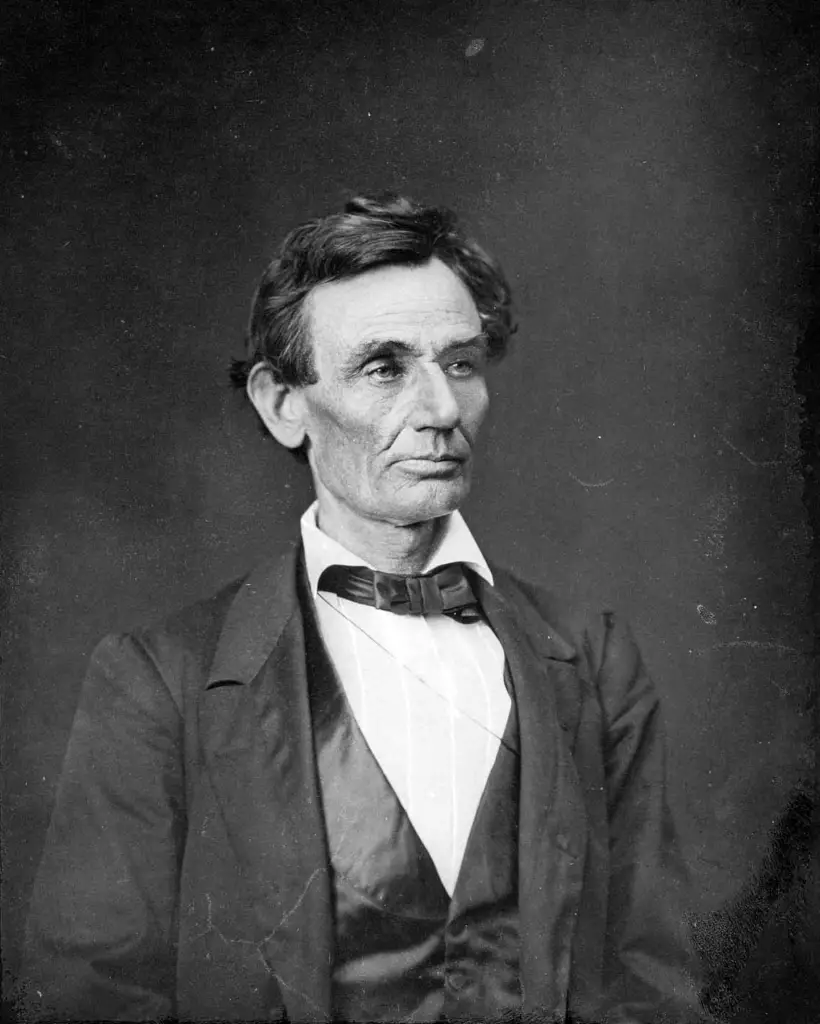
One memorable moment Johnson recounts is Lincoln’s request for a performance of “Dixie” at the White House. Lincoln explained that with the Union victory, they had “captured” the beloved song from the Confederacy. This story showcases Lincoln’s ability to unite and bring closure to a divided nation.
I have always thought that “Dixie” was one of the best tunes I had ever heard… I now ask the band to favor us with its performance.
Lincoln’s connection with people extended beyond politics. Johnson describes how Lincoln interacted with children, leaving a lasting impression on the younger generation. His kindness and accessibility made him beloved by the youth, fostering a sense of unity and inspiration.
The Assassination and the Hunt for Booth: A Nation in Mourning
The book provides a detailed account of Lincoln’s assassination, an event that shook the nation. On the fateful night of April 14, 1865, Lincoln was fatally shot at Ford’s Theatre, sparking a nationwide hunt for the conspirators. Johnson offers insights into the pursuit of John Wilkes Booth, painting a picture of a grieving nation.
The assassination sent shockwaves across America. As Lincoln’s body lay in state at the White House and later at the Capitol, the country united in sorrow. The funeral procession and Lincoln’s final journey to Springfield, Illinois, became a moving memorial. People from all walks of life gathered along the route, paying their respects to the leader who had guided them through dark times.
On the way to Lincoln’s final resting place in Springfield, Illinois, there were many funerals, and thousands gathered to see his body.
The nation’s grief was profound. Churches held memorial services, schools and businesses closed, and the loss of Lincoln weighed heavily. His assassination served as a stark reminder of the fragility of peace and the enduring legacy of a leader dedicated to unity and freedom.
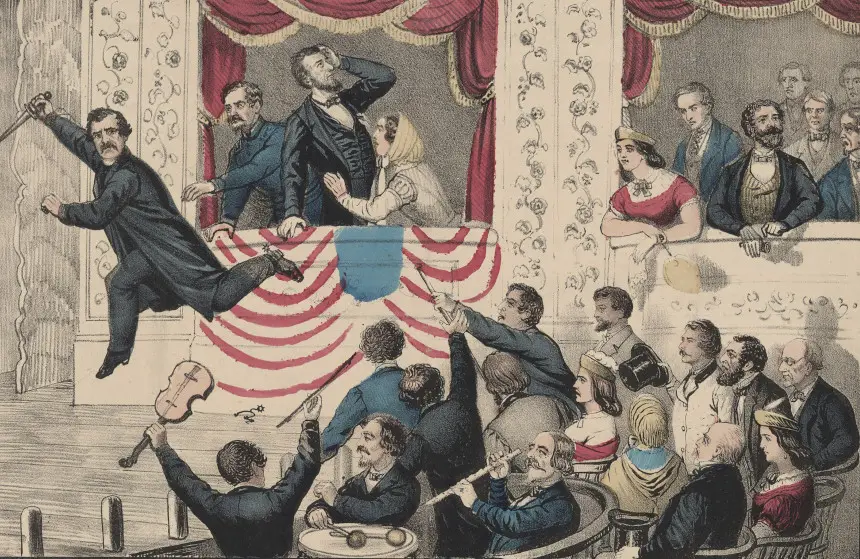
Boston Corbett: A Soldier, Preacher, and Controversial Figure
Now, let’s turn to Boston Corbett, the man who pulled the trigger on Booth. Corbett, a Civil War veteran, had a fascinating life. Johnson describes Corbett’s military service, including his time as a prisoner of war at Andersonville “Bull Pen,” where he endured harsh conditions. Corbett’s dedication left a lasting impression on his comrades and those who knew him.
After the war, Corbett’s life took an unexpected turn. He became a lay preacher, sharing his experiences and spreading hope. However, tragedy struck again. Corbett found himself in an insane asylum, his mental health suffering from the trauma of war. Johnson defends Corbett’s actions, attributing them to the trauma he experienced. Corbett’s story highlights the challenges faced by returning soldiers and the need for better support and understanding.
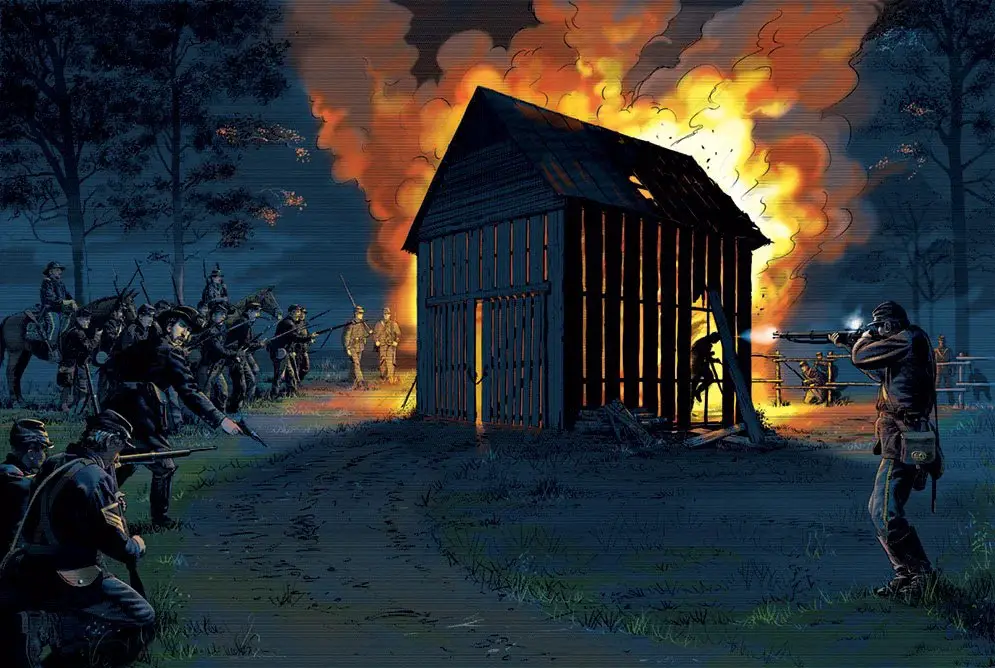
Jefferson Davis’ Capture: Setting the Historical Record Straight
Johnson dedicates a significant portion of the book to refuting media portrayals of Jefferson Davis‘ capture. He presents official records and eyewitness accounts, emphasizing the importance of historical accuracy. The capture of Davis, a key figure in Lincoln’s assassination, was highly publicized and sensationalized.
Johnson provides a factual account, offering insights into the pursuit and apprehension of Davis. He ensures the truth behind the capture is preserved, setting the record straight. The pursuit of Davis was not without challenges. Davis, a skilled leader, evaded capture for weeks, moving from one hiding place to another. Johnson highlights the dedication and bravery of the soldiers involved in the hunt, underscoring their relentless pursuit of justice.
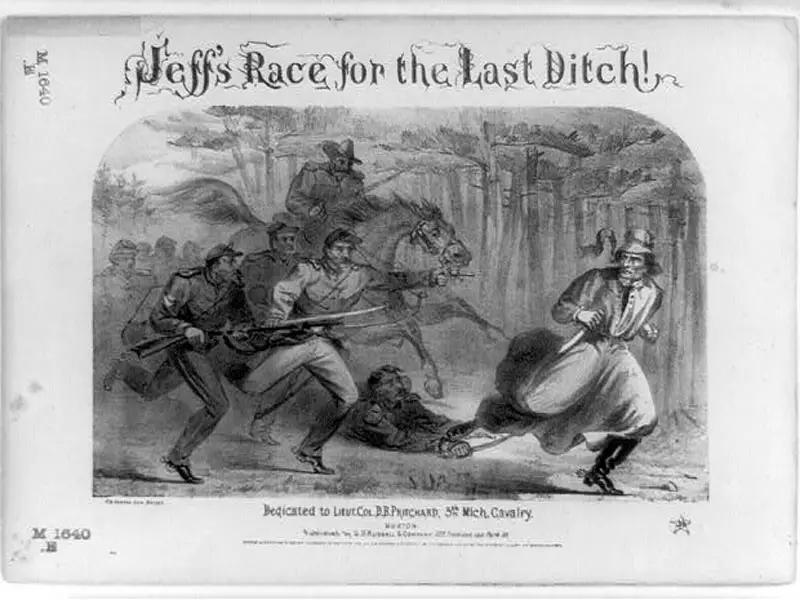
Conclusion: Preserving History Through Personal Testimonies
Abraham Lincoln and Boston Corbett: With Personal Recollections of Each offers valuable insights into the lives of Lincoln and Corbett, and the tumultuous era they navigated. Johnson’s recollections, published decades later, provide a window into the past, allowing a deeper connection with these historical figures.
Through Johnson’s stories, we gain insight into Lincoln and Corbett’s characters and motivations, reminding us that history is shaped by individuals with unique experiences. Johnson’s work invites reflection on the impact these men had and the importance of preserving their stories for future generations.
As we delve into this book, we are transported back in time, witnessing events that shaped a nation. Personal testimonies like Johnson’s help uncover the past’s stories and lessons, ensuring the legacies of Lincoln and Corbett endure and continue to inspire.
Epilogue: A Legacy of Resilience and Leadership
The stories of Lincoln and Corbett, as shared by Johnson, echo resilience and strong leadership. Lincoln’s dedication to unity and freedom laid the foundation for a stronger, united nation. Corbett’s bravery and service, despite his struggles, remind us of the power of resilience and perseverance.
Johnson’s book, published over a century ago, remains relevant today. It serves as a reminder of the importance of accurate historical narratives and the impact individuals can have on shaping history. The legacies of Lincoln and Corbett live on, inspiring us to strive for a better future, just as they did in their time.
As we reflect on their stories, let us embrace the lessons of courage, leadership, and dedication. Let us continue to uncover and share the stories of those who came before, ensuring their legacy endures and their impact continues to shape our world for the better.

